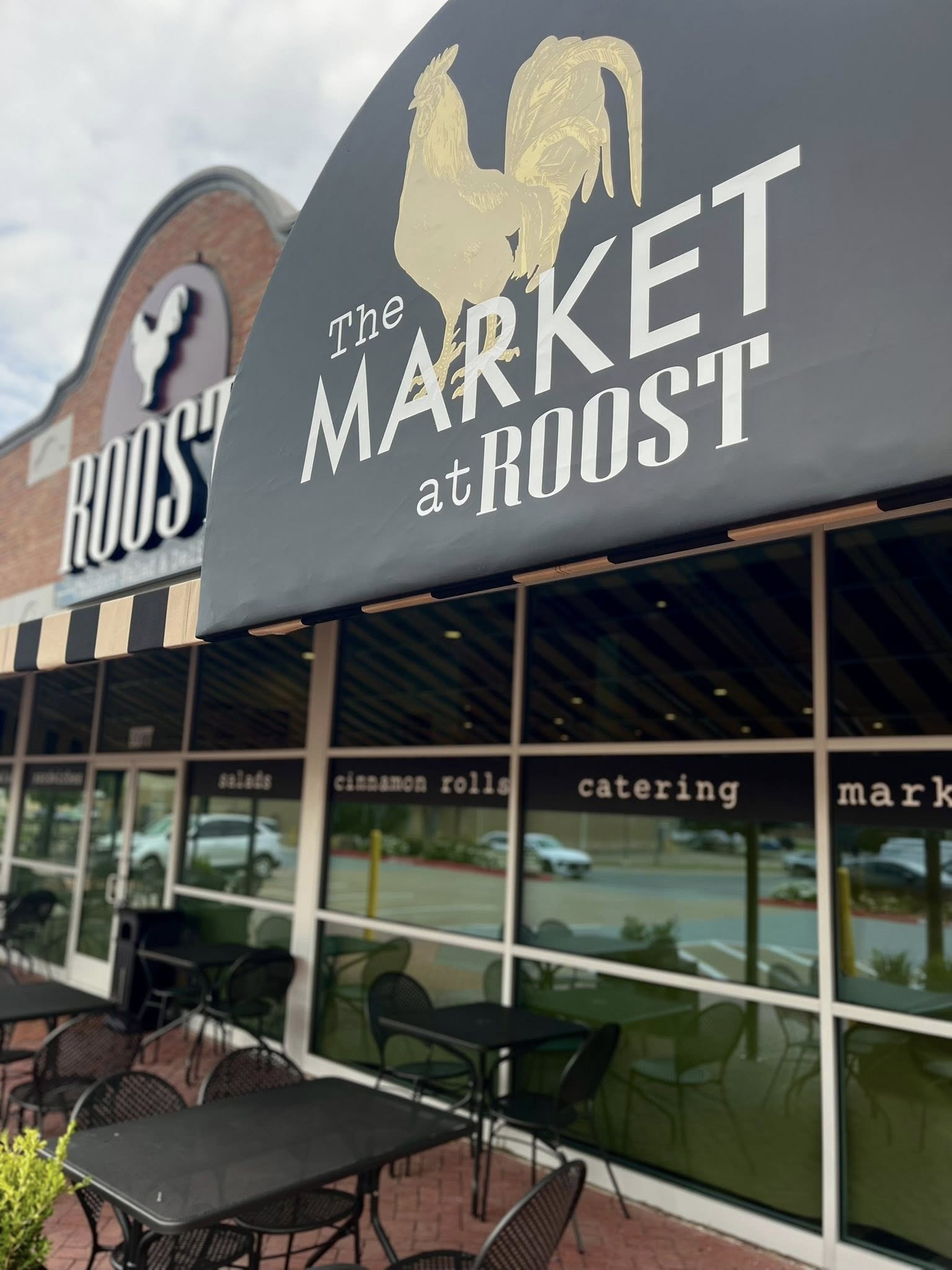Words, meanings in postmodern times
Published 7:24 pm Monday, March 28, 2016
Here’s the problem, in this most miserable of election years: Words mean things, apart from what we want them to mean. Here’s an example; Donald Trump claims to be a conservative.
But the word conservative has a meaning, independent of Trump and independent of his followers.
Trending
Sen. Bernie Sanders claims to be a democratic socialist; indeed, many of his younger supporters said they’re socialists, full stop. But those words mean things beyond what Twitter has to say about them.
And President Barack Obama last week told a crowd in Argentina that the differences between communism and capitalism are just “intellectual arguments” and that young people should just “choose from what works.”
What’s happening here is simple, really. The cultural postmodernism of the last few decades has resulted in a Babel-esque confusion of words and meanings.
Postmodernism, you might recall, is a way of looking at things as all relative. In literary criticism, postmodernism focuses on how a reader responds, not what an author meant. In art, it’s a distrust of conventional style or assumptions. In the broader culture, it’s a moral relativism – what’s right for you might not be right for me, for example. There are no absolutes, according to this worldview.
And now that particular chicken has come home to roost. Trump, for his part, feels no need or even desire to explain just how he’s a conservative. The fact is he’s not. Conservatism, in the American context, means smaller government, checks on power (particularly in the executive branch) and freedom of the press and speech, as further checks on power. Donald Trump is against all of those things – as is well documented.
So it’s clear he’s no conservative. The word has a definition, and Trump’s poorly stated and conflicting policies show he does not meet that definition.
Trending
So, too does Sanders have problem with definitions. Socialism is a real thing. It is an economic system in which the government owns or controls the means of production – the factories, the farms, the retailers. It can own them outright or it can control them through heavy regulation and central planning. It’s inaccurate to call Social Security a socialist program; it’s a social safety net compatible with capitalism. It’s more accurate to call the Bush buyout of GM a socialist program, because there the government truly did own the factories.
The point is that Sanders and his supporters actually adhere to quite different tenets. When polled, many Sanders supporters said they want to eventually own their own businesses. They may like the Che Guevara shirts, but they’re not socialists.
Finally, Obama’s claim that the differences between communism and capitalism are intellectual arguments is ridiculous.
Private property doesn’t exist under communism; this is wholly incompatible with the private property rights that underpin capitalism and entrepreneurship.
What’s more, communism has a history that shows how deadly it is. By some estimates, communist regimes killed more than 100 million people in the 20th century.
Those are real deaths, not intellectual arguments. Words mean things. It’s time our leaders – and would-be leaders – recognize that.







